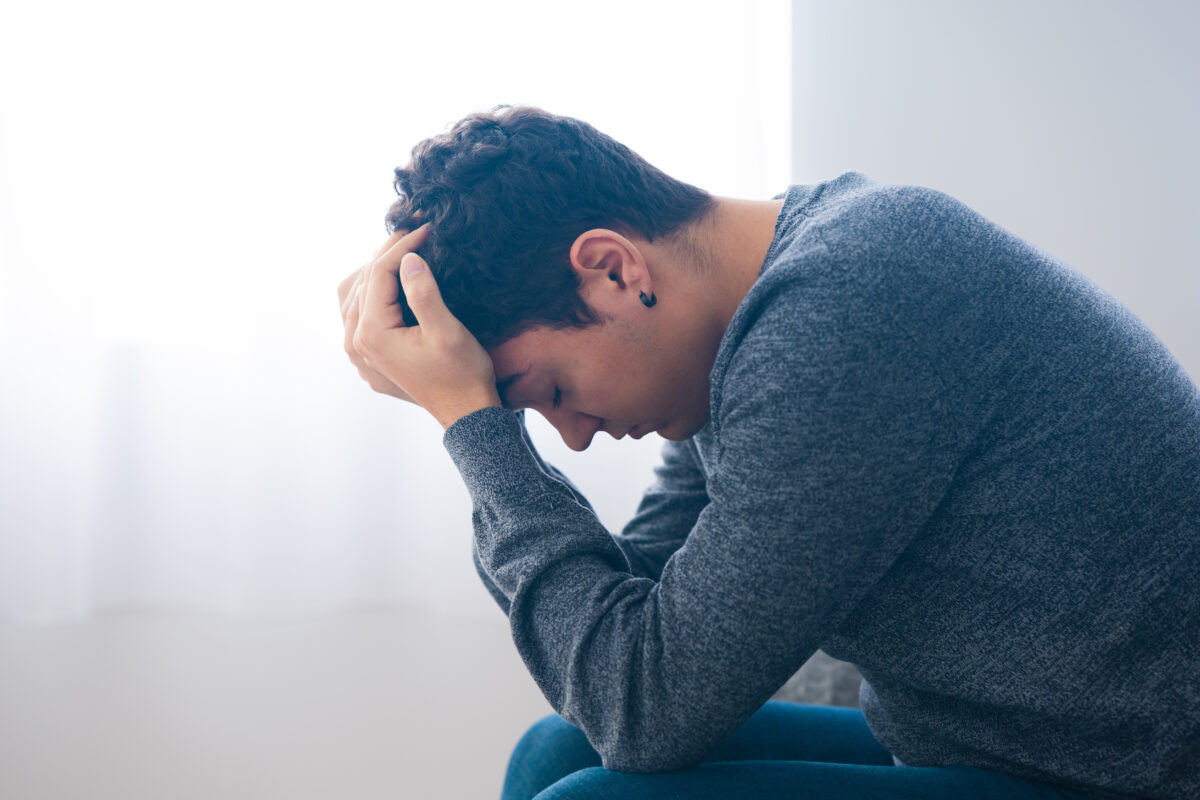Introduction
In today’s fast-paced world, stress and anxiety affect millions of people. While occasional stress is normal, chronic stress and anxiety can harm physical and mental health. This guide explores practical, science-backed strategies to help you manage these challenges effectively.
Understanding Stress and Anxiety
What is Stress?
Stress is the body’s natural response to external pressures, triggering a “fight-or-flight” reaction. While short-term stress can be motivating, chronic stress leads to fatigue, irritability, and health complications.
What is Anxiety?
Anxiety is persistent worry or fear, often without an immediate threat. It can range from general anxiety to panic attacks, significantly impacting daily life.
Common Causes of Stress and Anxiety
- Work/School: Deadlines, high workload, or job insecurity.
- Relationships: Conflicts, loneliness, or social pressure.
- Health: Chronic illness, pain, or injury.
- Financial Concerns: Debt, unemployment, or unstable income.
Symptoms of Stress and Anxiety
- Physical: Headaches, muscle tension, fatigue, and insomnia.
- Emotional: Irritability, feeling overwhelmed, sadness, or constant worry.
- Behavioral: Procrastination, social withdrawal, changes in appetite.

Lifestyle Changes to Reduce Stress and Anxiety
Prioritize Physical Activity
Regular exercise helps regulate stress hormones like cortisol and increases endorphins, improving mood.
- Aerobic Exercise: Walking, swimming, or cycling for at least 30 minutes daily.
- Strength Training: Helps lower stress levels and improves resilience.
- Mind-Body Practices: Yoga, tai chi, or Pilates to enhance mindfulness and relaxation.
Adopt a Balanced Diet
Nutrition plays a significant role in emotional and mental well-being.
- Foods to Eat: Omega-3-rich foods (salmon, flaxseeds), magnesium-rich foods (spinach, nuts), and probiotics (yogurt, kefir).
- Foods to Avoid: Processed foods, excessive sugar, and caffeine, which can exacerbate anxiety.
- Hydration: Aim for at least 8–10 glasses of water daily to maintain optimal brain function.
Improve Sleep Hygiene
Quality sleep is crucial for emotional regulation and stress management.
- Stick to a consistent sleep schedule.
- Create a relaxing bedtime routine (e.g., reading, warm baths, or listening to soft music).
- Avoid screens and stimulants like caffeine before bedtime.
Practice Mindfulness and Relaxation Techniques
- Meditation: Apps like Headspace or Calm offer guided mindfulness meditation sessions.
- Deep Breathing Exercises: The 4-7-8 breathing technique (inhale for 4 seconds, hold for 7 seconds, exhale for 8 seconds) can help calm the nervous system.
- Progressive Muscle Relaxation: Tense and relax different muscle groups to reduce physical tension.

Mental and Emotional Strategies
Cognitive Behavioral Techniques
Cognitive behavioral therapy (CBT) principles can help reframe negative thoughts.
- Challenge negative thoughts by asking, “Is this worry realistic?”
- Reframe catastrophic thinking by breaking problems into manageable steps.
- Replace self-critical thoughts with positive affirmations.
Journaling for Emotional Release
Writing down thoughts can help process emotions and reduce stress.
- Prompts: “What triggered my anxiety today?” or “Three things I’m grateful for.”
- Journaling promotes self-awareness and problem-solving.
Time Management Strategies
Feeling overwhelmed often stems from poor time management.
- Use the Eisenhower Matrix to prioritize tasks (urgent vs. important).
- Break large projects into smaller, manageable tasks.
- Learn to say “no” to non-essential commitments.
Cultivate Gratitude and Positivity
- Keep a gratitude journal, noting three things you’re thankful for daily.
- Practice positive affirmations such as “I am capable and resilient.”
- Engage in activities that bring joy, like hobbies, music, or spending time in nature.
Building a Support System
Strengthen Social Connections
- Schedule regular check-ins with friends or family.
- Join local clubs, hobby groups, or engage in community service.
Set Healthy Boundaries
- Communicate your needs clearly (e.g., “I need quiet time after 8 PM”).
- Learn to say no to obligations that increase stress unnecessarily.
Join Support Groups
- Look for local or online communities that focus on stress management (e.g., Anxiety and Depression Association of America).
- Connecting with people facing similar struggles provides encouragement and shared coping strategies.
Professional Help and Treatment Options
When to Seek Help
If stress or anxiety symptoms persist for several weeks and interfere with daily functioning, it may be time to seek professional assistance.
Types of Therapy
- Cognitive Behavioral Therapy (CBT): Helps reframe negative thoughts and develop healthier coping mechanisms.
- Exposure Therapy: Gradual exposure to feared situations to reduce anxiety over time.
- Acceptance and Commitment Therapy (ACT): Focuses on accepting emotions rather than avoiding them.
Medication Options
In some cases, medication may be necessary under medical supervision.
- Selective Serotonin Reuptake Inhibitors (SSRIs): Commonly prescribed for anxiety disorders (e.g., sertraline, fluoxetine).
- Benzodiazepines: Used for short-term relief but can be habit-forming.
Creating a Personalized Stress Management Plan

Self-Assessment and Goal Setting
- Identify key stressors in your life.
- Set SMART goals (Specific, Measurable, Achievable, Relevant, Time-bound), such as “I will meditate for 10 minutes daily.”
Track Progress
- Use tracking apps like Daylio or Moodfit to monitor habits and emotions.
- Reflect on what strategies work best for you.
Adjust Strategies as Needed
- If certain techniques aren’t effective, try alternatives (e.g., if meditation feels difficult, switch to guided imagery or progressive muscle relaxation).
Celebrate Small Wins
- Reward yourself for progress with enjoyable activities (e.g., a relaxing bath, a movie night, or treating yourself to your favorite meal).
Conclusion
Managing stress and anxiety requires a holistic approach, combining lifestyle adjustments, mental strategies, and supportive relationships. While self-care methods can be highly effective, professional help may be necessary for persistent struggles. The key to long-term well-being is consistency—by implementing these strategies regularly, you can build resilience and lead a more balanced life.






